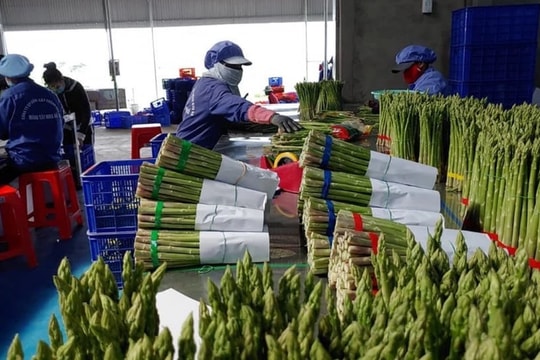“6 no principles” in organic vegetable production
(Baonghean.vn) - Growing safe vegetables is a production direction that attracts farmers to participate, bringing high economic efficiency while ensuring the health of consumers and growers. However, growing organic vegetables must ensure the following basic principles.
1. Do not plant on soil and water contaminated with agricultural chemicals.
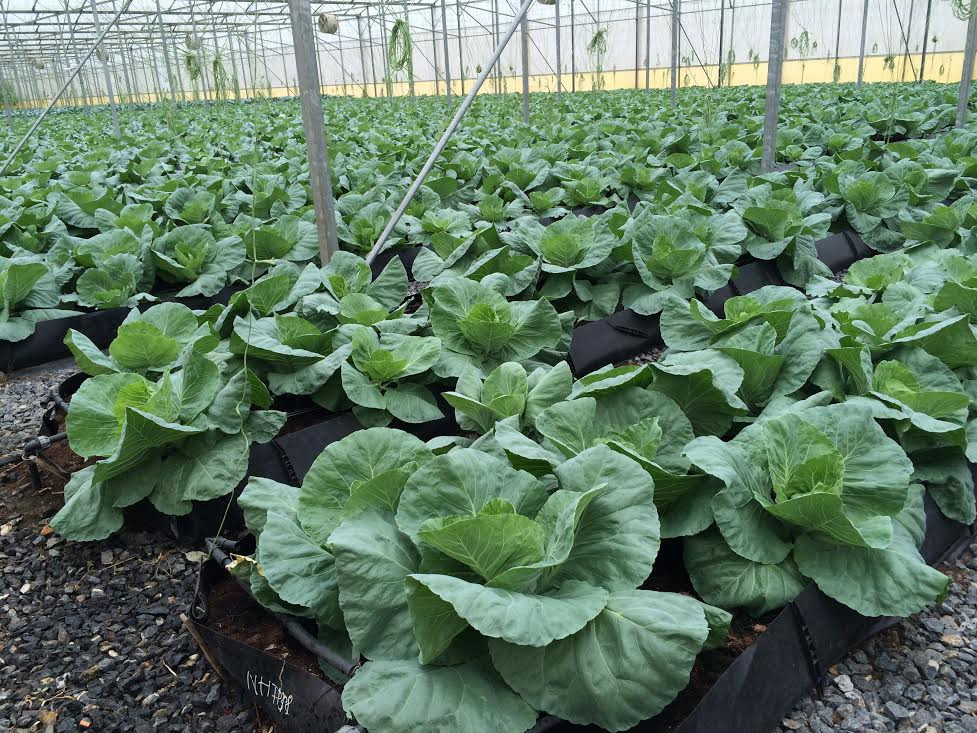 |
Organic vegetable growing land must meet the criteria for vegetable growing land of the Ministry of Agriculture such as heavy metals, pesticide residues (QCVN 03: 2008/BTNMT; QCVN 15: 2008/BTNMT) and must also ensure that it has not been cultivated for 3 years or has been converted to organic farming for 3 years.
Regarding soil preparation: usually have to choose a particularly good location. Isolate chemical sources that affect agricultural products. Only work on a thin layer of soil (10-15 cm), add organic fertilizer to create conditions for microorganisms to work.
Water for watering vegetables must meet the requirements for water used in agriculture (QCVN 39: 20011/BTNMT)
2. No herbicides
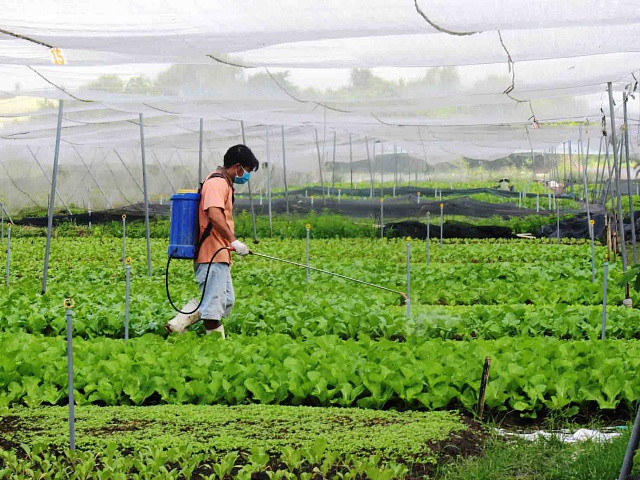 |
In organic farming, the use of chemicals to kill weeds is not allowed, so weed control is done by measures such as composting organic fertilizer at high temperatures to kill weed seeds; weeding by hand, biological competition measures...
3. Do not use pesticides, use natural measures to control pests
Choose the season and time to plant vegetables that are favorable for plant growth.
Insect barrier with insect screen
Plant insect-repelling plants: daisy, lemongrass, Japanese knotweed
Use biological products to repel insects
Create ecological conditions to attract natural enemies: sparrows, woodpeckers, ladybugs, praying mantises...
4. Do not use chemical fertilizers
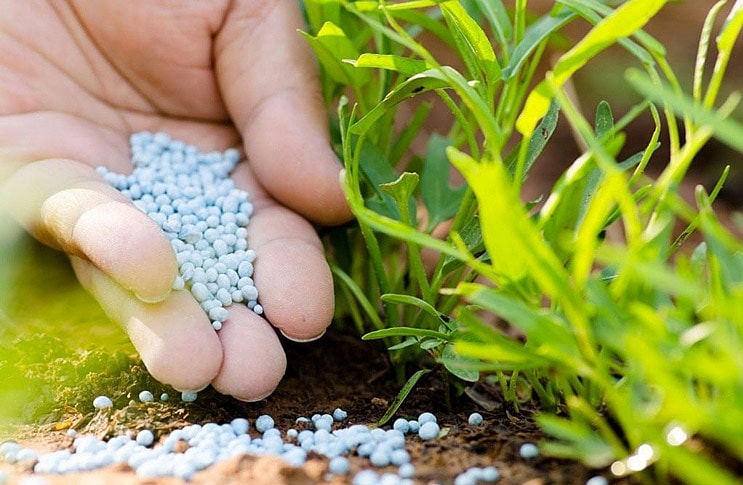 |
Use only organic microbial fertilizers, which are composted with microorganisms and natural ingredients such as agricultural waste: straw, harvested fruit (corn, beans, etc.), sawdust, coffee husks, sugarcane bagasse, livestock manure, etc.
Composting time of 30 days ensures that the materials decompose into humus nutrients that plants can absorb. During the composting period, microorganisms work to increase the temperature of the compost pile to 60-75 degrees Celsius and last for 2 weeks.
This heat helps kill pathogens such as bacteria and parasites, weed seeds and also helps break down the ingredients into humus faster. The end product is a wonderful fertilizer that is loose, porous, odorless and great for plants.
5. Do not use growth stimulants
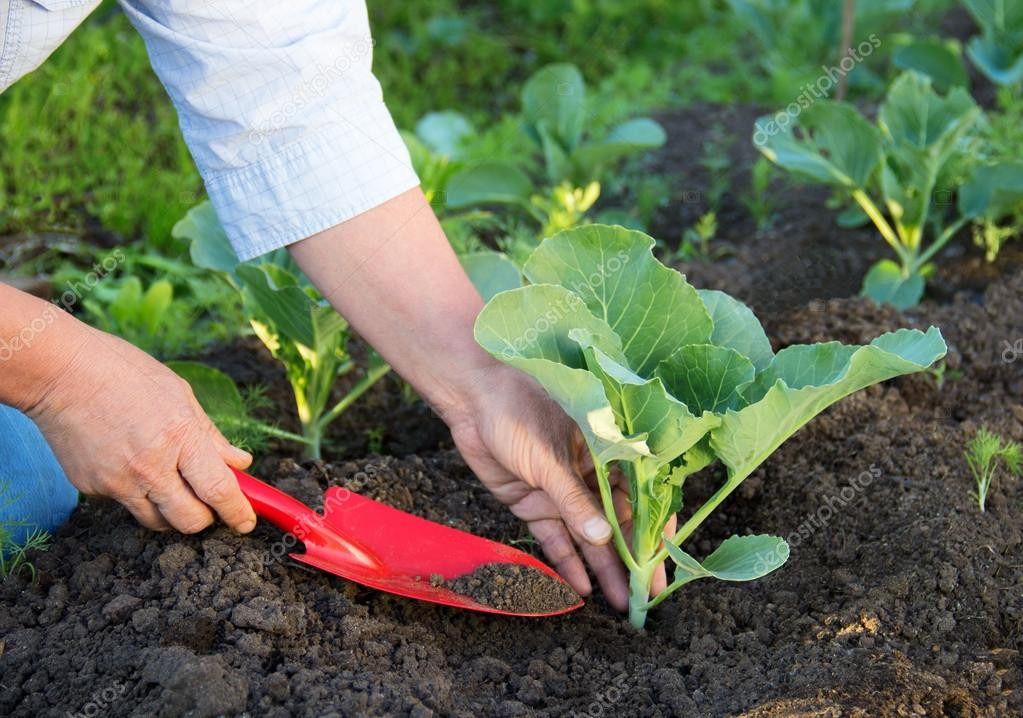 |
In conventional farming, chemicals that stimulate rooting, flowering, and fruiting are often used to increase productivity.
However, in organic farming these chemicals are not used, so the most important issue to ensure productivity is to increase soil fertility, establish a healthy soil microorganism system, implement good pest and weed control, use healthy seeds, and plant according to the season.
6. Do not use genetically modified seeds
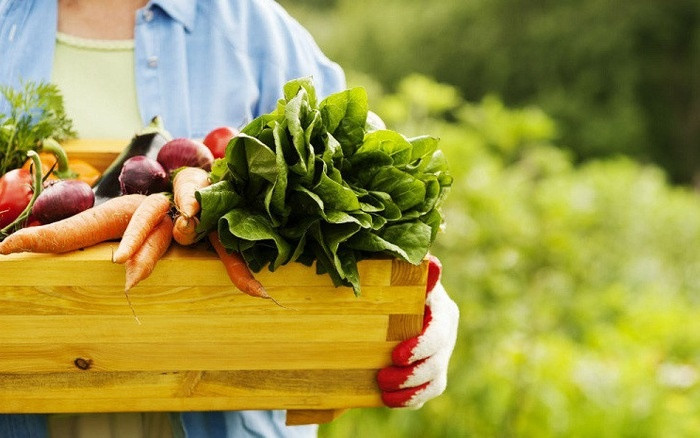 |
Organic agriculture follows the principle of respecting nature so it does not use genetically modified varieties created by humans. The varieties used are usually pure local varieties with good resistance and suitable for the local climate and geographical conditions.
- Some signs to identify organic vegetables
- - True blue:Organic vegetables have a true green color with a standard color chart for the leaf color of each type of vegetable, it is not dark green like vegetables fertilized with chemical fertilizers. Dark green only attracts pests that are harmful to plants and the health of users (nitrate residue).
- - Thick leaves, balanced parts:Organic vegetable leaves are always thick, short and well-proportioned. You can feel the hardness of the leaves by touching them, and if you look closely, you will see that the parts are well-proportioned, with no sign of a fat stem.
- - Crispy body:Organic vegetables are often crisp (or very fibrous), they are not limp like vegetables grown with chemical fertilizers or growth stimulants. The stems are firm but not glossy.
- - Long lasting, easy to preserve:Organic vegetables and fruits can be stored at room temperature for several days without fear of spoilage, and do not need to be refrigerated. When the vegetable wilts, spraying water on it can restore it to its original state. Unlike “chemical vegetables” which will spoil if water gets on them.
- - Natural flavors:When eating, you will see a very clear difference, organic vegetables have a stronger, more natural smell due to the ability to accumulate nutrients over a long enough period of time. The class of organic vegetables is shown in that they are delicious, crispy and naturally fragrant without the need for spices. They are also delicious when eaten raw or lightly stir-fried with oil. The less spices are used when stir-frying, the more delicious they are.

